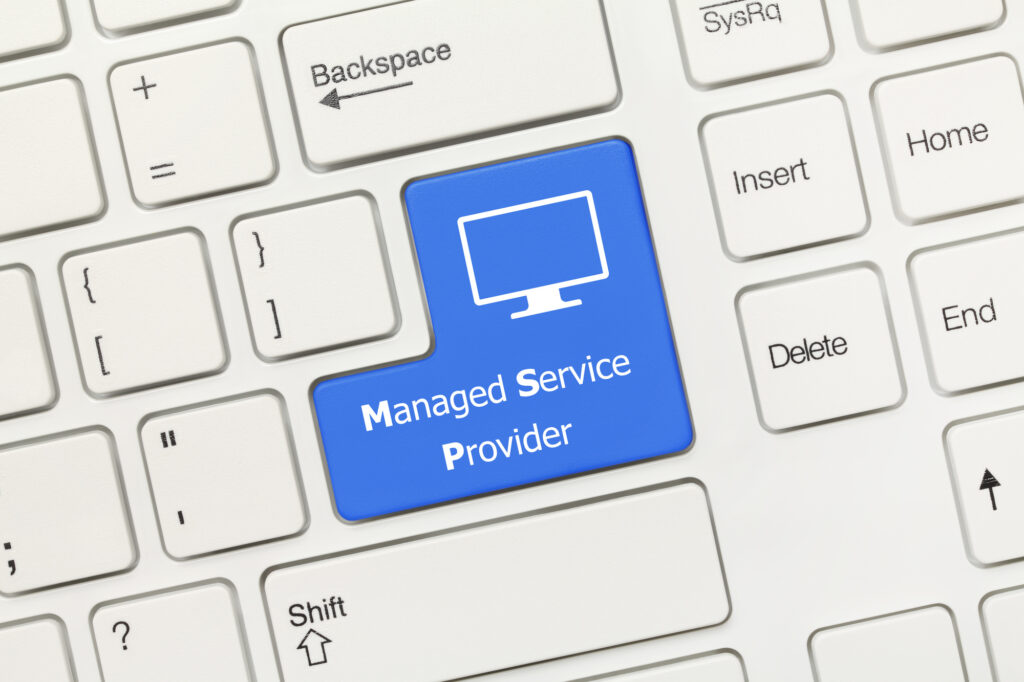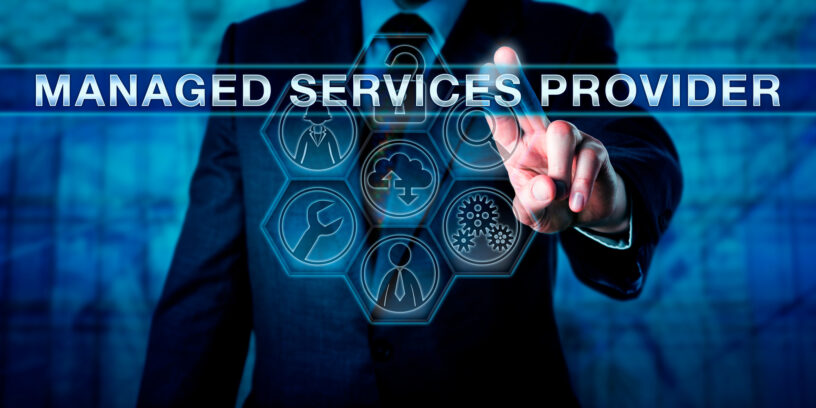In the digital age, where technology underpins every facet of business operations, the importance of reliable, efficient information technology (IT) support cannot be overstated. For many organizations, managed IT support has emerged as a linchpin for sustaining growth, ensuring security, and optimizing operational efficiency.
This guide serves as your comprehensive resource for navigating the complex process of choosing the right managed IT support provider in your location, such as Shipshape Managed IT. As such, it’s crucial to understand the types of MSPs and the key factors to consider when evaluating potential partners.
Types Of Managed IT Support Services
These services range from comprehensive, all-encompassing IT management to specialized support for specific areas such as cybersecurity, cloud services, and network management. Understanding the types of services available is crucial for businesses to identify the best fit for their operational requirements and strategic objectives.
- On-Site vs. Remote IT Support
On-site and remote IT support services each offer distinct benefits and drawbacks tailored to different business needs. On-site IT support shines in situations requiring a physical presence, such as hardware failures, setup, and maintenance, offering the advantage of immediate, hands-on assistance. This direct approach can be particularly beneficial for resolving complex issues where remote diagnosis is insufficient. However, on-site support typically incurs higher costs due to travel and potentially longer wait times for a technician to arrive on-site, which could delay resolution.
In contrast, remote IT support provides a swift response to software-related issues and system troubleshooting that doesn’t require physical intervention. Its cost-effectiveness and efficiency stem from technicians’ ability to assist multiple clients without the need for travel, enabling a quicker turnaround for problem-solving. This model offers greater flexibility and often 24/7 service capabilities. However, it may fall short when dealing with hardware issues that necessitate a physical presence or when a strong internet connection is absent, limiting remote access capabilities.
- Comprehensive IT Support vs. A la Carte Services
Choosing between comprehensive IT support and a la carte services boils down to a business’s specific needs and its desire for customization versus simplicity. Comprehensive IT support packages are all-encompassing and designed to manage the entirety of an organization’s IT infrastructure. This approach simplifies vendor relations and provides a predictable cost structure, often with a flat monthly fee, making budgeting more straightforward. Comprehensive services usually include proactive monitoring, maintenance, and on-demand support, ensuring that IT systems remain robust and downtime is minimized.
On the other hand, a la carte IT services offer the flexibility to select and tailor specific services to a company’s unique requirements. This model allows businesses to scale services up or down as their needs evolve, offering a more cost-effective solution for those requiring only certain types of support. However, managing multiple vendors and services may introduce complexity and could result in higher costs if many separate services are needed. A la carte services cater well to organizations with specific, varying needs that do not warrant a full-service package.
- Specialized IT Support
For businesses facing unique challenges or requiring expertise in specific areas such as cybersecurity, cloud services, or data management, specialized IT support services can be invaluable. These services offer deep expertise and tailored solutions in their respective fields, providing a level of insight and proficiency that general IT support may not. Specialized support is essential for addressing complex issues in critical areas, enhancing security measures, implementing advanced cloud infrastructures, or managing extensive data sets effectively.
The primary advantage of specialized IT support lies in its ability to offer cutting-edge solutions and preventative strategies that significantly reduce risks and improve operational efficiency in key areas. However, the focused nature of these services often comes at a premium cost, reflecting the advanced skills and technologies employed. Moreover, relying solely on specialized services may necessitate additional coordination with broader IT support functions to ensure a cohesive IT strategy that aligns with overall business goals.
Key Considerations When Selecting An MSP

When embarking on the journey to select an MSP, businesses are faced with the crucial task of choosing a partner that not only aligns with their current IT needs but also has the foresight and capability to grow with them. Understanding these critical considerations in detail can significantly impact the success of this partnership.
- Experience And Industry Expertise
When evaluating potential MSPs, look for providers with extensive experience and expertise in your specific industry. They should have a deep understanding of your unique business needs, compliance requirements, and industry-specific challenges. An MSP that has worked with similar clients in your field will be better equipped to provide tailored solutions and anticipate potential issues
- Range Of Services Offered
A comprehensive MSP should offer a wide range of IT services, including help desk support, network management, cybersecurity, cloud services, and more. They should be able to provide proactive maintenance and reactive support, ensuring your IT infrastructure remains secure and efficient. Additionally, consider the scalability of their services to ensure they can grow with your business needs
- Service Level Agreements (SLAs)
A robust service level agreement is essential when partnering with an MSP. Look for providers that offer clearly defined response times and resolution targets, as well as 24/7/365 support availability. The SLA should also outline the remediation process for missed targets and any associated penalties. This ensures that you receive the level of service you expect and helps hold the MSP accountable
- Technology And Tools Utilized
The best MSPs invest in leading IT management and cybersecurity tools and platforms to deliver top-notch services. They often have partnerships with top technology vendors, allowing them access to the latest solutions and expertise. Inquire about their automated monitoring and management capabilities, as these can help identify and resolve issues before they impact your business
- Security And Compliance Capabilities
With the increasing threat of cyber-attacks and the need to adhere to various regulations, it’s crucial to choose an MSP with strong security and compliance capabilities. Look for providers with expertise in key regulations such as the Health Insurance Portability and Accountability Act (HIPAA), PCI Security Standards Council, and the General Data Protection Regulation (GDPR). They should offer proactive security monitoring, incident response, and employee security awareness training to help protect your organization from potential threats
- Pricing Structure And Contract Terms
Transparency and predictability in pricing are essential when selecting an MSP. Look for providers that offer customized pricing based on your specific needs, with the flexibility to scale services up or down as required. Avoid long-term lock-in contracts that limit your ability to make changes or switch providers if necessary. A good MSP will be confident in their services and not require restrictive contracts
- Customer References And Reputation
Before making a final decision, research the MSP’s reputation and track record. Request customer references and case studies to gain insights into their success with similar clients. Look for high customer satisfaction and retention rates, as well as any awards, certifications, or industry recognition they may have received. Online reviews and testimonials can also provide valuable information about their service quality.
Conclusion
Remember, the ideal MSP should not only address your current needs but also have the flexibility and scalability to grow with your organization. By following the guidelines outlined in this ultimate guide, you’ll be well-equipped to make an informed decision and select the managed IT support provider that best fits your unique requirements.











Leave a Reply